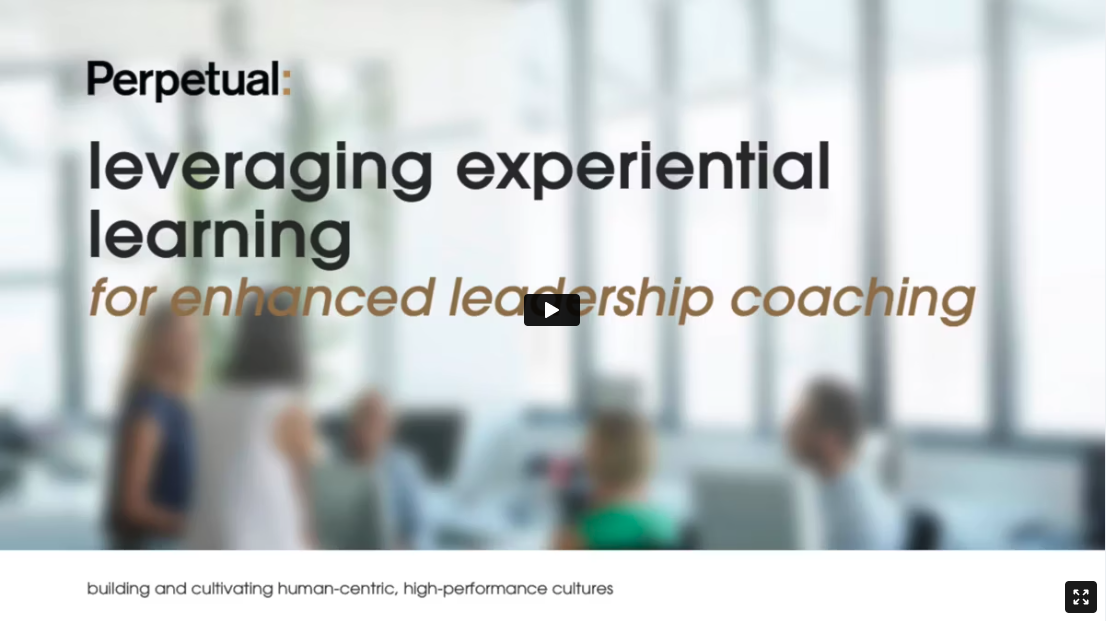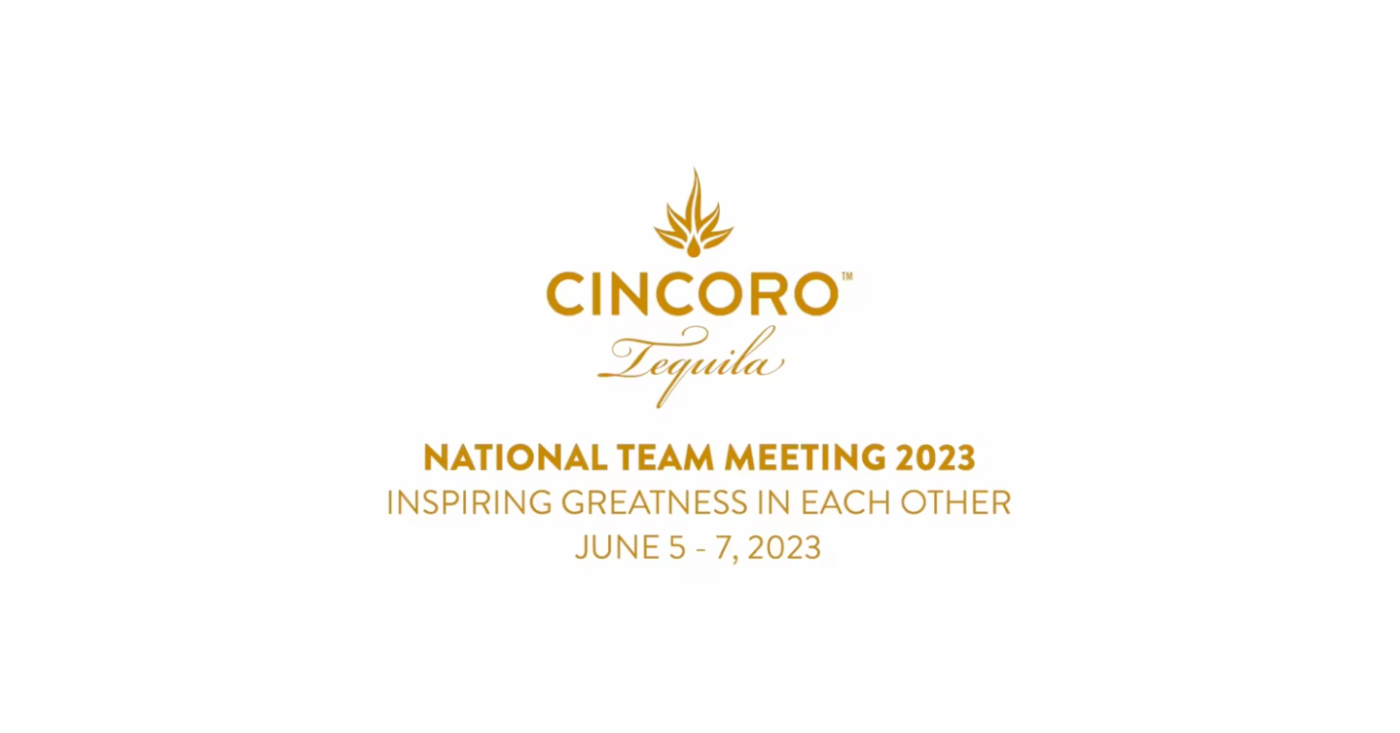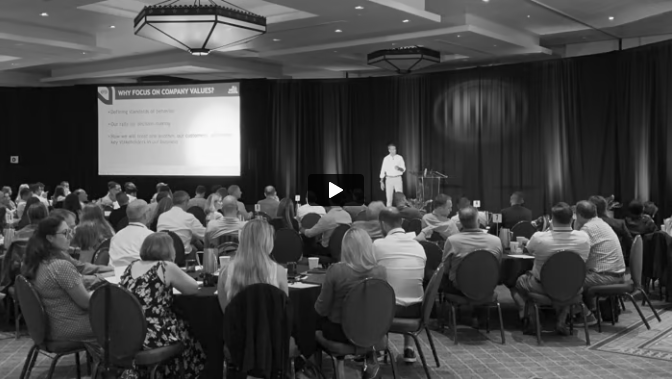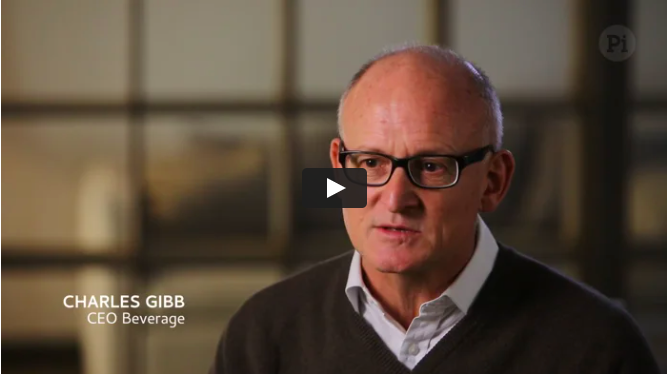Perpetual understands the profound impact of experiential learning on leadership development and its role in facilitating teams and organizations through complex challenges. Unlike traditional classroom-style learning, experiential learning leverages hands-on experiences to foster skill development through active participation. By providing a safe and supportive environment for leaders to learn by doing, experiential learning enables them to refine their abilities and improve effectiveness in their roles.
At Perpetual we utilize the various forms of experiential learning, such as role-playing exercises, simulations, and team-building activities, and highlights their efficacy in cultivating crucial leadership skills like communication, problem-solving, and decision-making. Furthermore, Perpetual can demonstrate the significance of learning from mistakes and embracing risk-taking within experiential learning, as this builds resilience, confidence, and ultimately leads to superior leadership outcomes. Experiential learning as an indispensable tool for supporting leadership coaching and empowering leaders to excel in their responsibilities. One of our enduring observations is that “time in the ‘sand box’ is seldom wasted.”
The Essence of Experiential Learning – Traditional vs. Experiential Learning
Contrasting with traditional classroom-style learning, experiential learning engages individuals in hands-on experiences that foster active learning and skill acquisition. This approach enables leaders to bridge the gap between theory and practice, thereby increasing the relevance and effectiveness of their learning. Experiential learning offers a dynamic platform for leaders to apply their knowledge in real-world scenarios. Through active participation and practical engagement, leaders can gain firsthand experience and develop a nuanced understanding of the challenges they face. Perpetual believes in providing tools and context to support leadership development and then delivering challenging and fun experiences that gives leaders the opportunity to immediately put their new-found learning into practice.
Forms of Experiential Learning
Role-Playing Exercises
Role-playing exercises provide leaders with simulated scenarios to practice their decision-making, communication, and problem-solving skills. By assuming different roles, leaders can explore various perspectives and develop the ability to adapt to dynamic situations. Perpetual uses role-playing to bring concepts to life such as negotiation, giving and receiving feedback and executive communication as part of its leadership development programming.
Simulations
Simulations replicate real-world contexts, allowing leaders to navigate complex challenges and make informed decisions without actual consequences. These immersive experiences provide opportunities for leaders to test their capabilities, identify areas for improvement, and refine their approaches. Perpetual’s ‘War gaming’ and scenario planning simulations provide excellent forums for testing both leadership capabilities and business resilience.
Team-Building Activities
Team-building activities within experiential learning environments foster collaboration, communication, and interpersonal skills among leaders. These activities simulate team dynamics, encouraging leaders to work together towards common goals and develop a deeper understanding of effective teamwork. Perpetual uses a wide range of team-building activities in order to pressure test teams and provide an opportunity for feedback and growth. Events range from short vignettes of 20 minutes to 2-3 hour challenges that are delivered in both urban and rural settings.
Learning from Mistakes and Embracing Risk
Experiential learning provides a safe and supportive environment for leaders to make mistakes, experiment with new approaches, and take calculated risks. By encouraging a growth mindset and providing constructive feedback, this approach enables leaders to learn from failures, build resilience, and gain confidence in their decision-making abilities. We believe that “every day is a ‘school-day’” and that the growth mindset engendered by our programs enables leaders to continue their personal leadership journeys back in their businesses, sharing their learning with peers and team members.
The Benefits of Experiential Learning in Leadership Coaching
Experiential learning offers several advantages for leadership coaching:
Development of practical skills: Through hands-on experiences, leaders can cultivate essential skills, including effective communication, problem-solving, and decision-making.
Increased self-awareness: Active engagement in experiential learning activities allows leaders to gain insights into their strengths, weaknesses, and leadership style, facilitating personal growth.
Enhanced confidence and resilience: Learning from mistakes and embracing risk-taking nurtures leaders’ self-assurance and resilience, enabling them to navigate challenges more effectively.
Transferability of skills: Experiential learning ensures that leaders acquire skills that can be readily applied in real-world scenarios, enhancing their ability to lead and inspire teams.
Experiential learning has proven to be a powerful tool in leadership coaching, enabling leaders to develop practical skills, embrace risk-taking, and learn from mistakes within a supportive environment. By offering opportunities for hands-on learning and practice, this approach fosters the growth and effectiveness of leaders in their roles. As organizations navigate complex problems, experiential learning stands as an invaluable resource for facilitating team development, enhancing leadership capabilities, and achieving superior outcomes.










